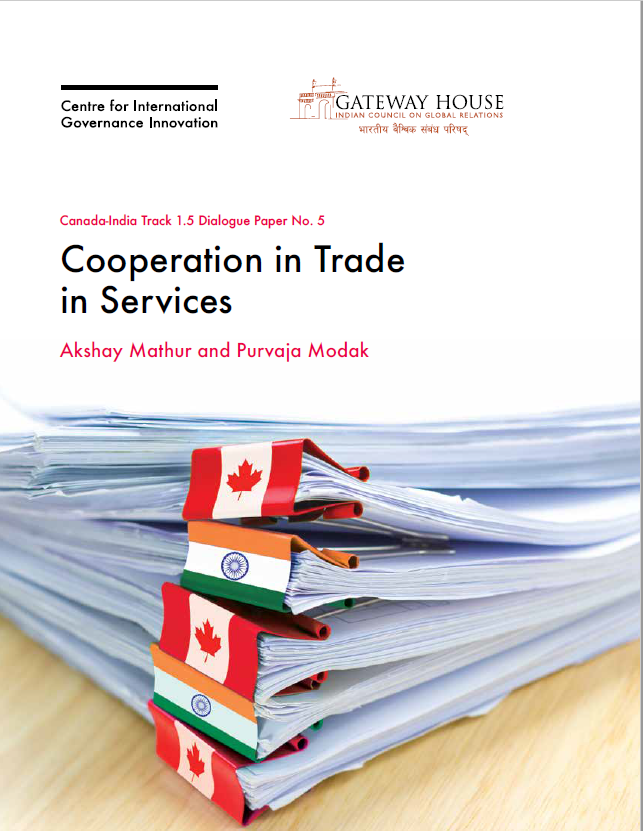 Courtesy: Gateway House & CIGI
Courtesy: Gateway House & CIGI
The shift in the global trend from trade in goods to trade in services, especially digital services has focused attention on the necessity of a modern and robust regulatory framework for it. The bilateral steps by India and Canada outlined in this paper can feed into current efforts by multilateral institutions to develop a universal framework for capturing services trade data.
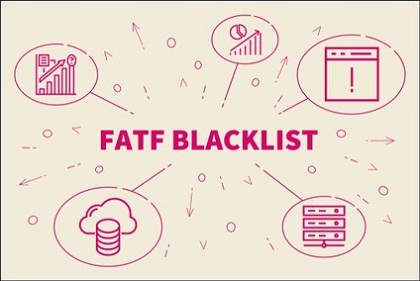 Courtesy: Shutterstock
Courtesy: Shutterstock
The upcoming Financial Action Task Force (FATF) plenary session 16-21 February will be crucial for both Pakistan and Iran as the anti-money laundering and anti-terrorist financing measures undertaken by the two countries will be reviewed by the 39 member states of the FATF. Decisions will be taken on their retention or removal from the grey list and black list respectively
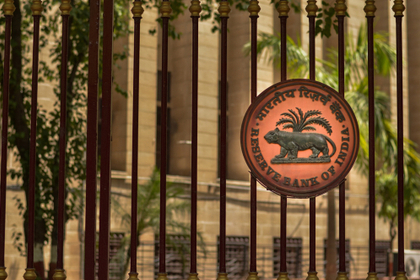 Courtesy: Shutterstock
Courtesy: Shutterstock
The services sector is the most dynamic in the global economy, constituting nearly 25% of global trade, but its intangibility – unlike the materiality of trade in goods – makes it difficult to monitor. Service providers in this sector need a national regulatory governing framework
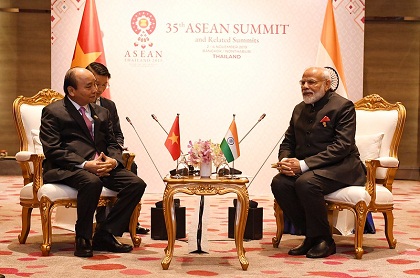 Courtesy: MEA/Flickr
Courtesy: MEA/Flickr
There have been mixed reactions to India’s not signing on to the Regional Comprehensive Economic Partnership. India is often criticised for abstaining from trade agreements and being a protectionist nation, but in fact, the reverse is true. The country’s trade to GDP ratio of 43% is higher than China’s 38% and the U.S.’ 27%. This shows how important trade is for India, particularly if it wants to reach the 2024 goal of being a $5- trillion economy.
 Courtesy: Shutterstock
Courtesy: Shutterstock
The Demilitarised Zone (DMZ) is a 250-km-long militarised border that divides the Korean peninsula roughly into half. It is one of the most heavily guarded borders in the world. The author, who had a unique opportunity to visit the DMZ, narrates her experience
 Courtesy: Gateway House
Courtesy: Gateway House
The re-election of the Bharatiya Janata Party to Parliament means that India’s infrastructure buildout will continue apace. This will be a heavy load on the environment. It will also have to abide by Prime Minister Modi’s commitment to the successful implementation of the Sustainable Development Goals (SDGs) by 2030. This offers an opportunity for the government to think innovatively about measures for sustainable development, particularly in pricing nature
 Courtesy: Select Fund
Courtesy: Select Fund
In a policy brief for Japan's G20 Presidency in 2019, Purvaja Modak, Akshay Mathur and K.N. Vaidyanathan discuss the need to encourage the development and adoption of processes and methods that can quantify the costs of using natural resources
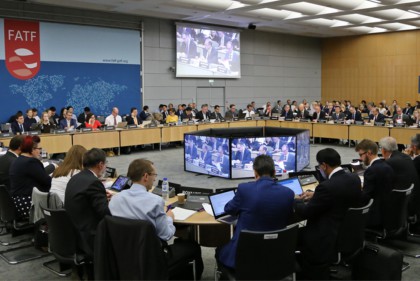 Courtesy: Radio Farda
Courtesy: Radio Farda
After the Pulwama attack of 14 February 2019, Pakistan has come under the international scanner for its support and financing of terrorist groups. At a meeting of the Financial Action Task Force (FATF) in Paris last week, it was pulled up for its inability to choke terrorist financing. This primer illustrates the role of the FATF in tackling terrorist financing and money-laundering, and studies its recent review of Pakistan
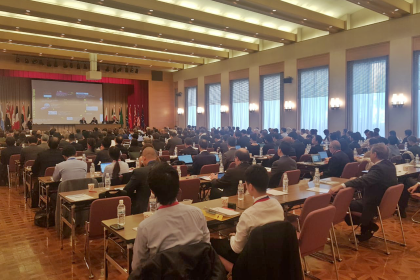 Courtesy: Gateway House
Courtesy: Gateway House
The Think20 Inception conference, held in Tokyo on December 4-5, 2018, kicked off the research process for 2019 for the leading think tanks from G20 countries that work on issues of global economic governance. The author participated in the conference as an observer.
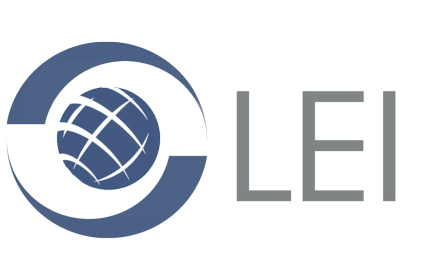 Courtesy: Legal Entity Identifier
Courtesy: Legal Entity Identifier
Ten years after the global financial crisis, some reform has come about. To further transparency, the Legal Entity Identifier (LEI), proposed by the G20, is a code used to identify the parties that participate in financial transactions around the world. While its benefits and applications are abundant and will reduce systemic vulnerability, its global implementation is complex and slow. This primer shows why – and also why the LEI should be urgently and widely adopted











